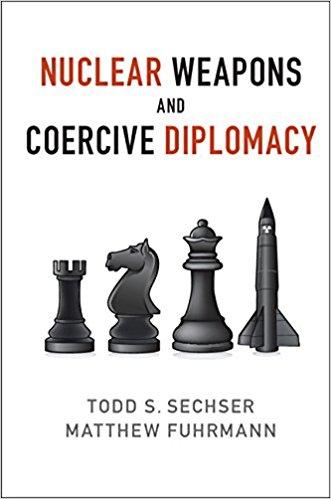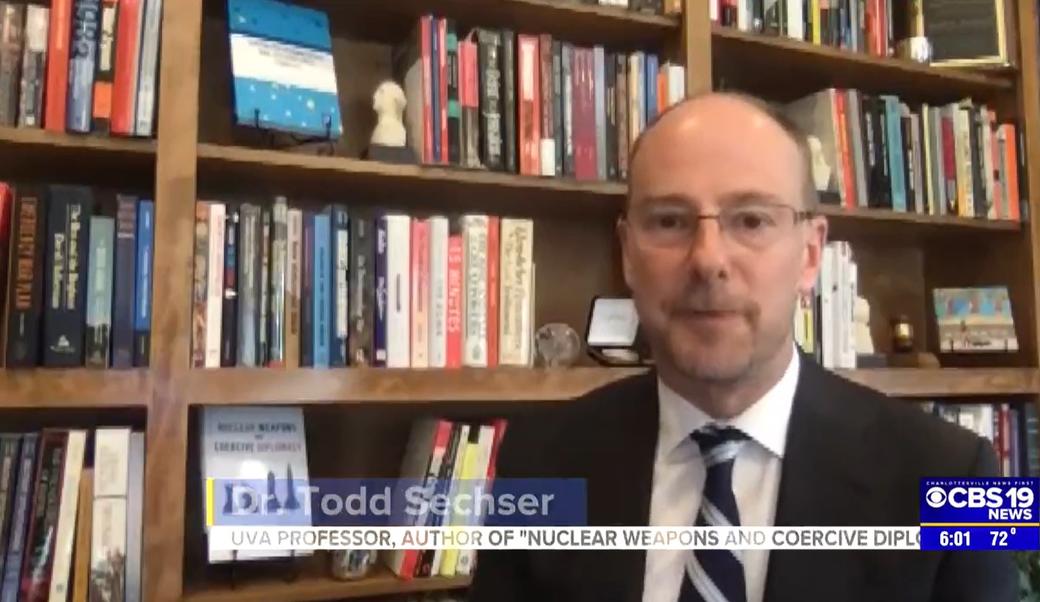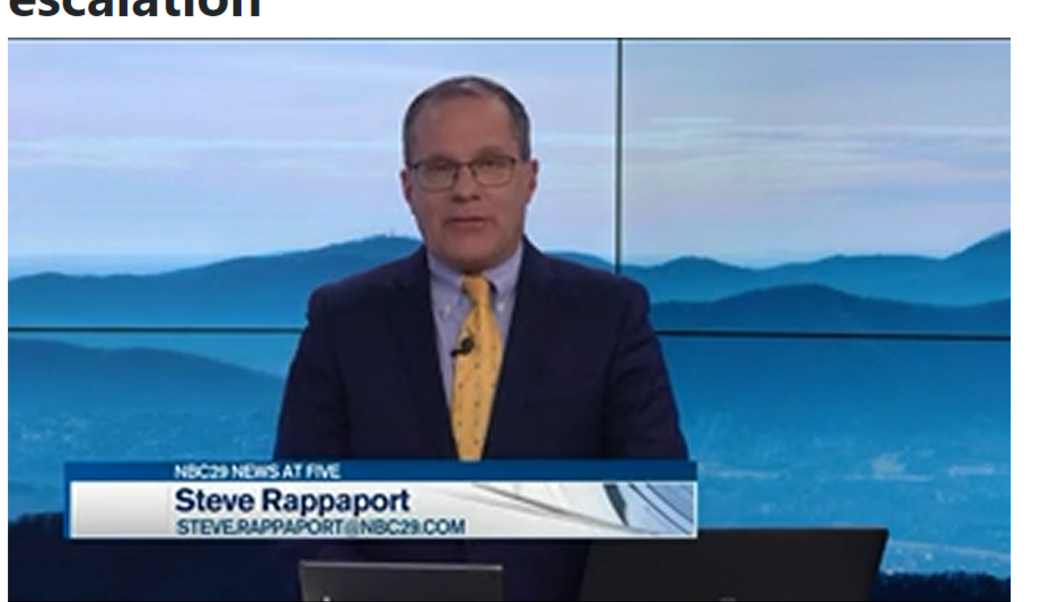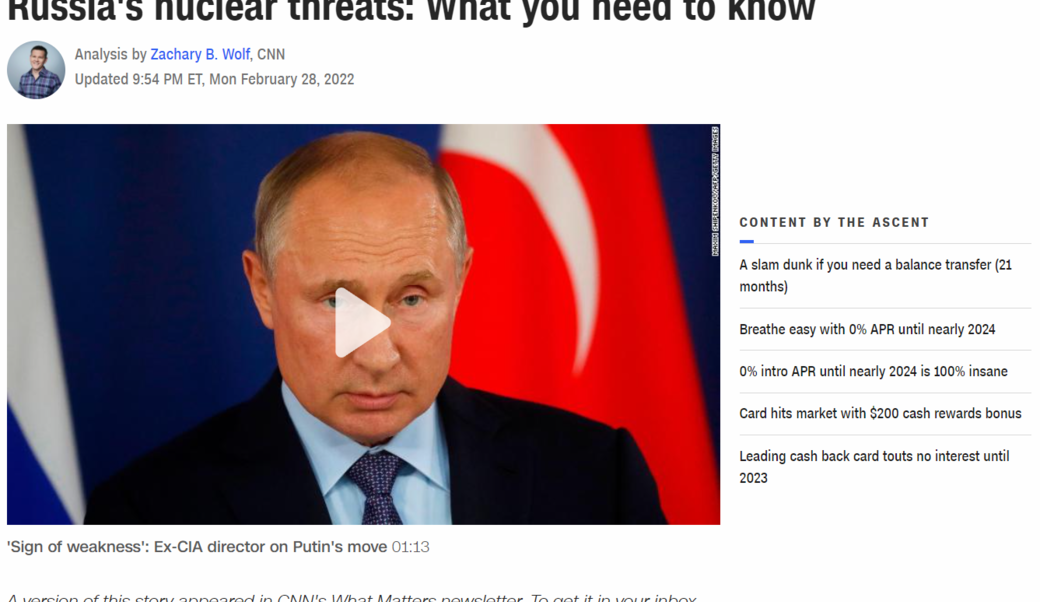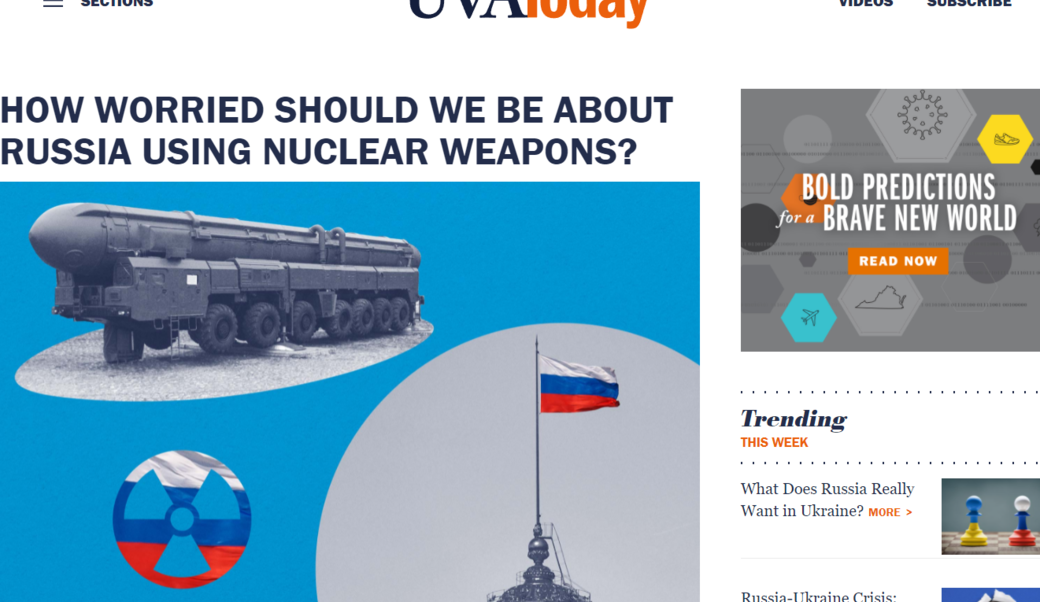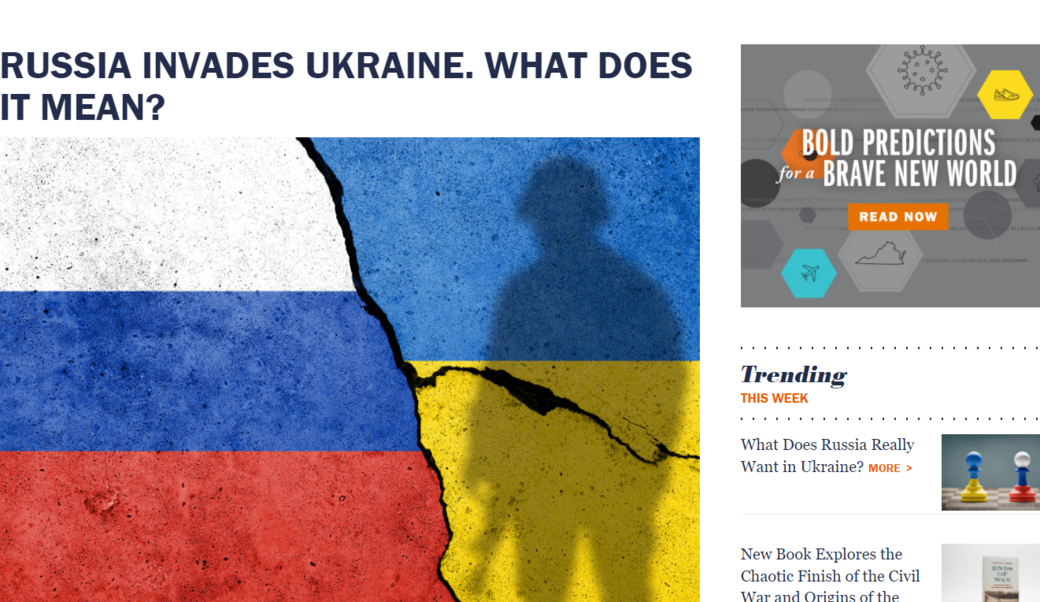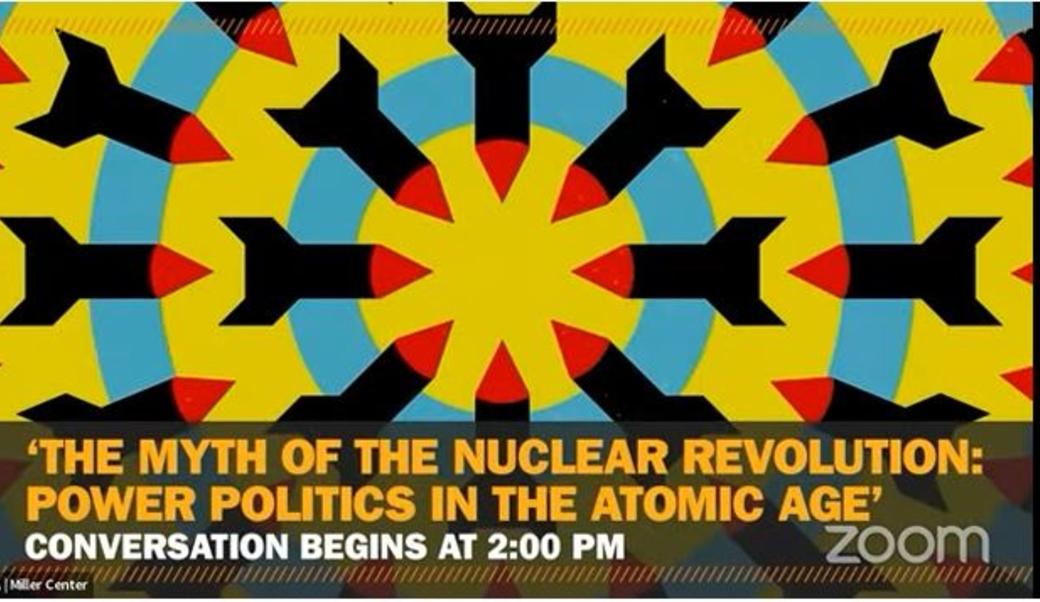Fast Facts
- Professor of Politics and Public Policy at the University of Virginia
- Coauthor of Nuclear Weapons and Coercive Diplomacy
- Nonresident scholar, Nuclear Policy Program, Carnegie Endowment for International Peace
- Expertise in international relations, foreign policy, nuclear security, emerging technologies
Areas Of Expertise
- Foreign Affairs
- American Defense and Security
- War and Terrorism
- World Happenings
Todd S. Sechser, faculty senior fellow, is the Pamela Feinour Edmonds and Franklin S. Edmonds Jr. Discovery Professor of Politics at the University of Virginia and professor of public policy at the Batten School of Leadership and Public Policy. Sechser's research interests include deterrence, coercive diplomacy, military technology, and nuclear security. He is coauthor of the book Nuclear Weapons and Coercive Diplomacy (Cambridge University Press, 2017), and his research has appeared in academic journals such as International Organization, the American Journal of Political Science, International Studies Quarterly, the Journal of Conflict Resolution, and the Non-Proliferation Review. His writing on policy issues has been published in media outlets such as the Washington Post, Wall Street Journal, Boston Globe, and the Christian Science Monitor, and he regularly consults for several government and military agencies. Sechser's recent media appearances have addressed the North Korea nuclear crisis, the NATO alliance, the Iran nuclear deal, and U.S.-Russia relations.
Sechser is the director of the Program on Strategic Stability Evaluation, a multi-university working group studying the effects of new technologies on international security. He was previously a Stanton Nuclear Security Fellow at the Council on Foreign Relations and a John M. Olin National Security Fellow at Harvard University. He received his PhD in political science from Stanford University, where he wrote an award-winning doctoral dissertation. Before entering academia, Sechser worked as a nuclear policy analyst at the Carnegie Endowment for International Peace, where he is currently a nonresident scholar in the Nuclear Policy Program.
